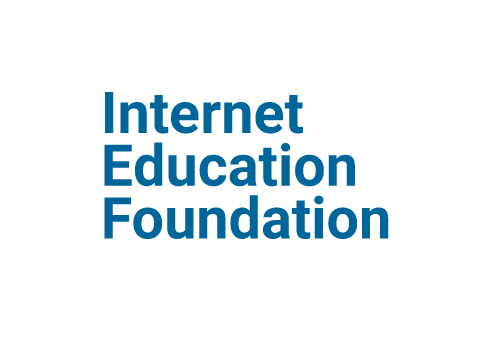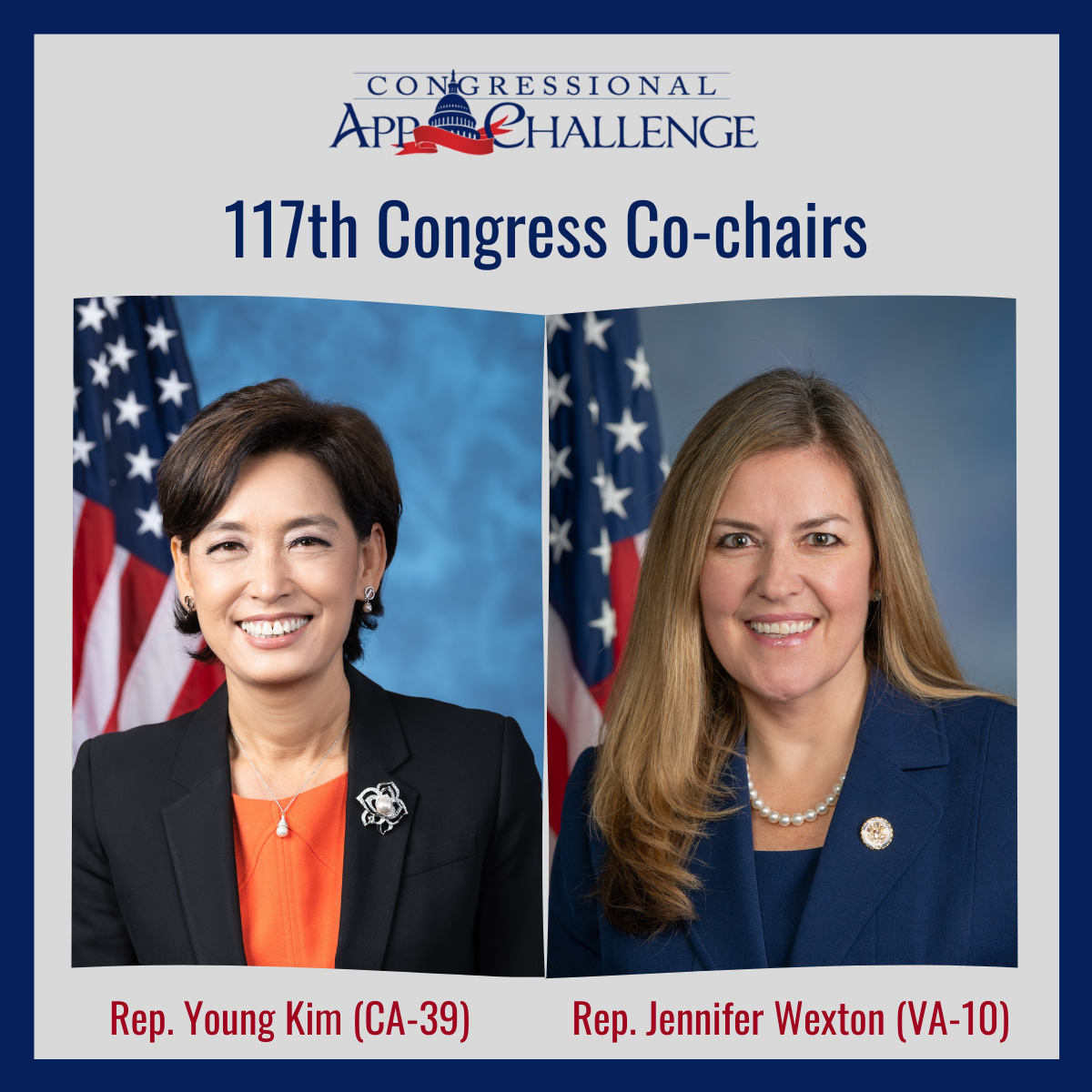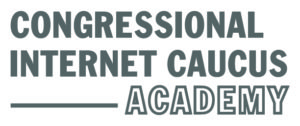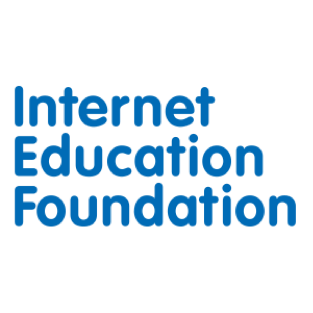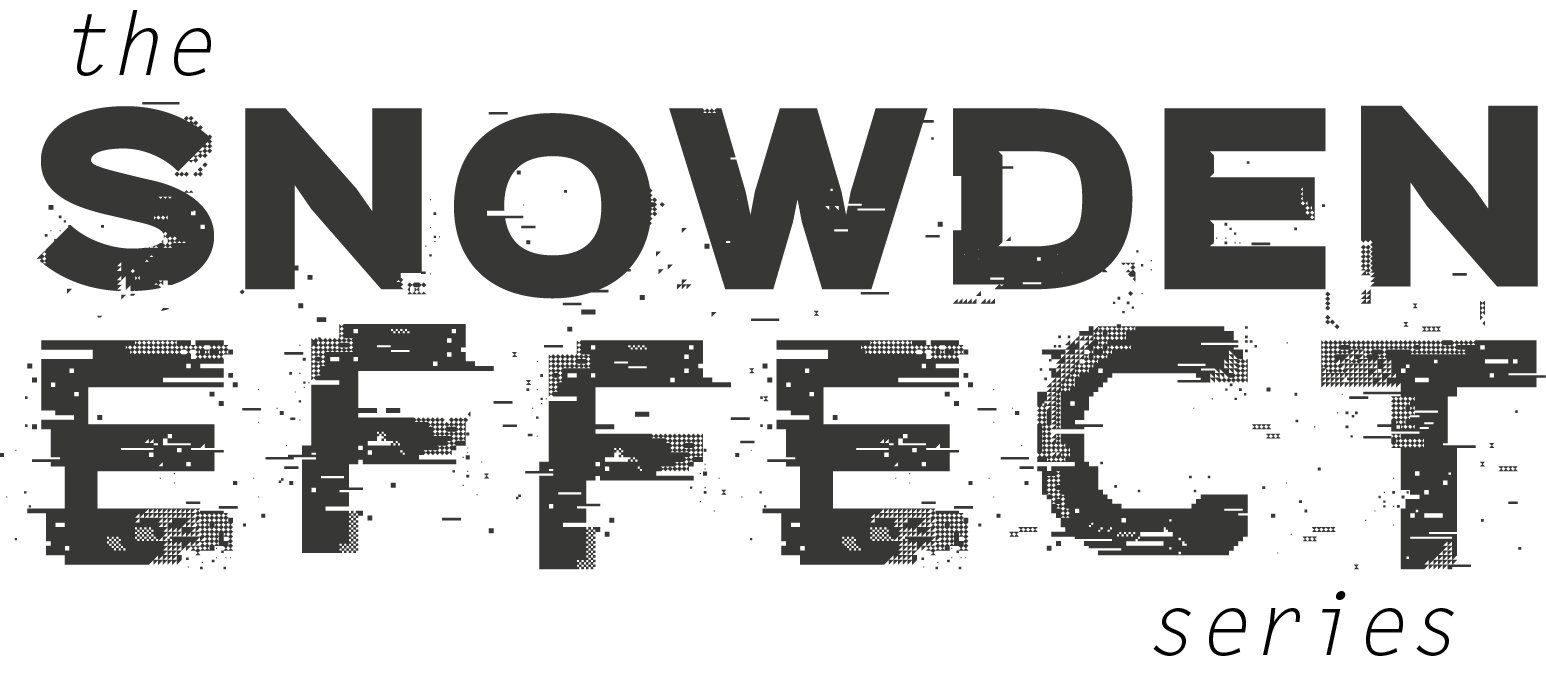ICYMI Video & Transcript: Free Expression & SCOTUS, NetChoice Decisions
In case you missed it, we have posted the video, audio, and transcript of Friday’s briefing on “Tech Platforms and the 1st Amendment: Impacts of Landmark Supreme Court Rulings.”
Tech Platforms and the 1st Amendment: Impacts of Landmark Supreme Court Rulings
SPEAKERS
– Steve DelBianco, President and CEO, NetChoice
– Yael Eisenstat, Senior Fellow, Cybersecurity For Democracy
– Olivier Sylvain, Professor of Law, Fordham University School of Law
– Vera Eidelman, ACLU
– Nadine Farid Johnson, Policy Director, Knight Institute (moderator)
As the digital world evolves quickly, so does the complex legal landscape surrounding content moderation and online expression. This summer, the U.S. Supreme Court will deliver rulings on several pivotal First Amendment cases that will have far-reaching consequences for technology platforms and their approach to content moderation. Cases like NetChoice v. Paxton, Moody v. NetChoice, and Murthy v. Missouri will define the boundaries of acceptable content control by social media companies and other online platforms.
This panel assembles leading legal experts, technology industry insiders, and policy analysts to break down the Supreme Court’s decisions and discuss their impact on free speech, platform regulation, and the broader digital ecosystem. Panelists will explore the balance between moderation and censorship, the evolving role of tech companies in regulating user-generated content, and the implications for users in an age of primarily digital discourse.
Text content
